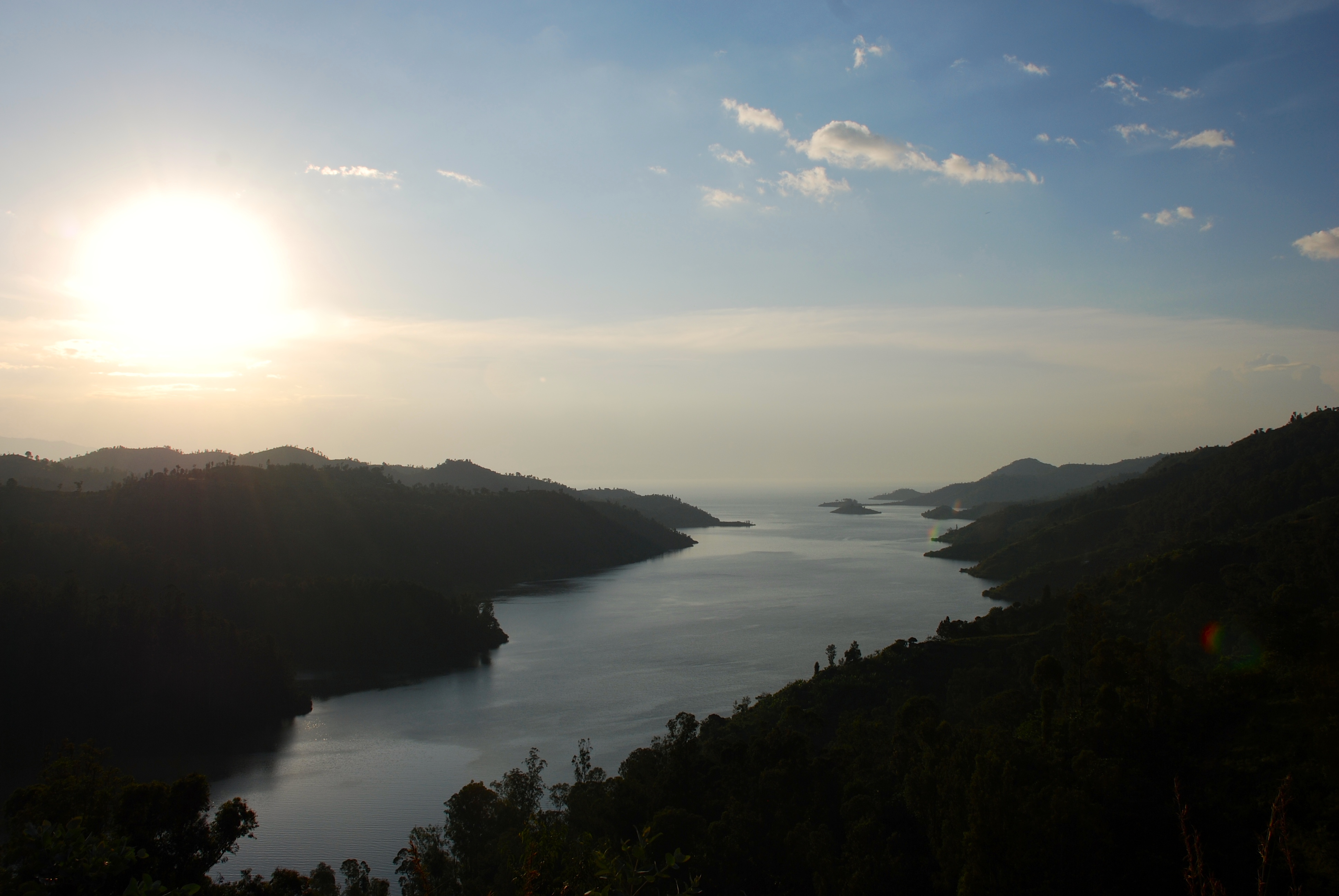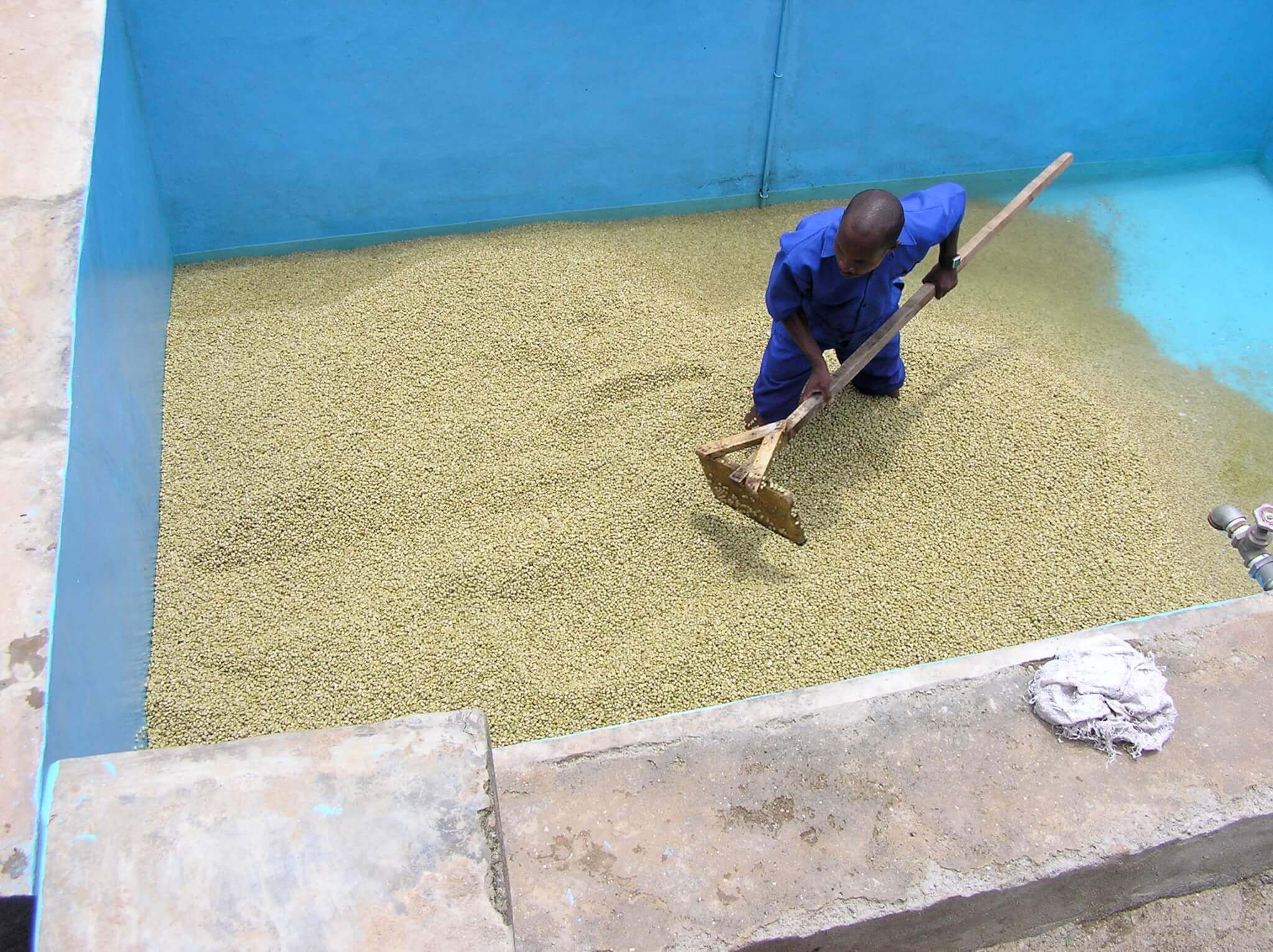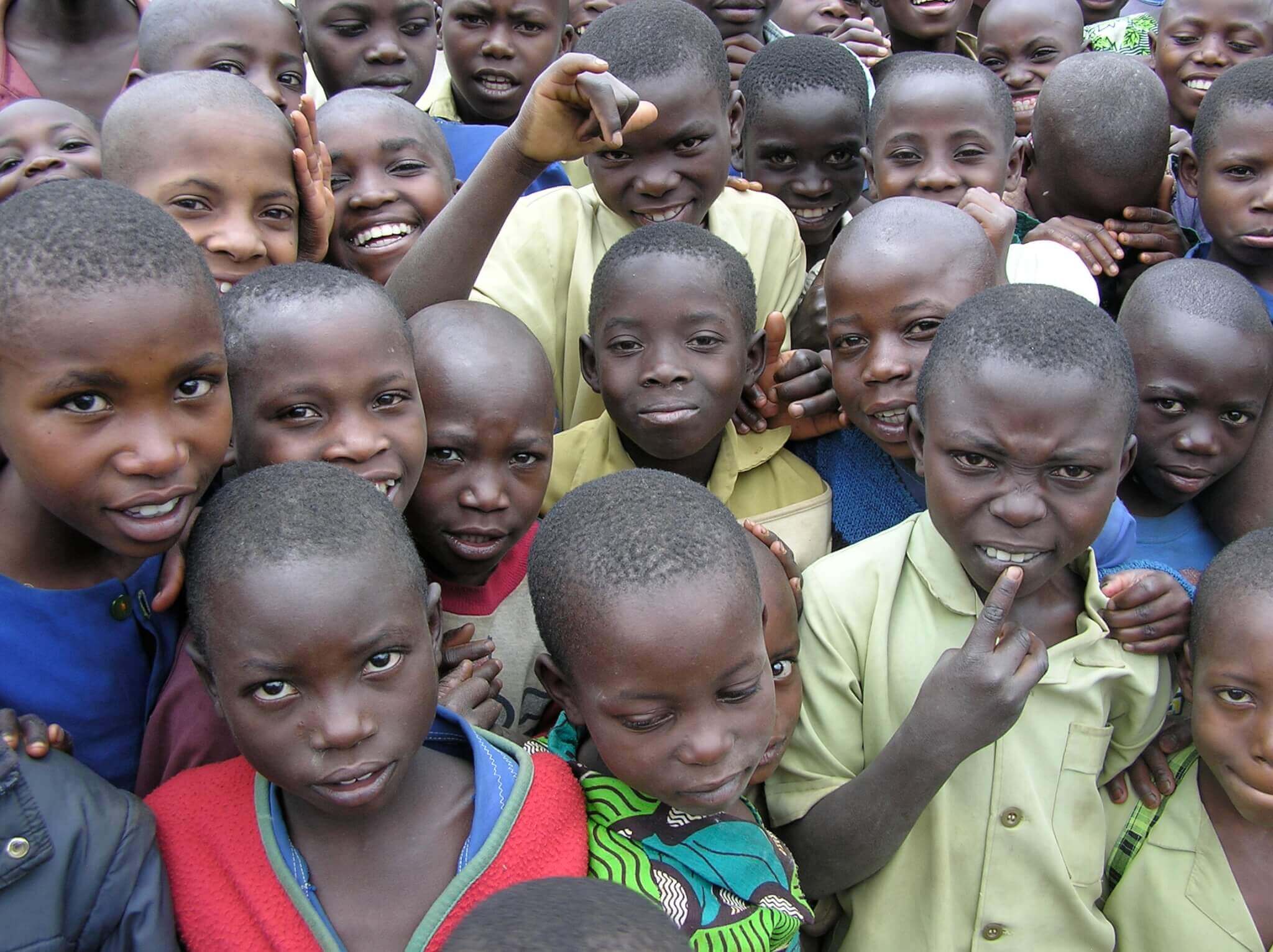Very few coffee-producing countries have received the kind of focused aid that Rwanda has seen since the end of the genocide in 1994. Beginning in 2001 with the PEARL Project, and continuing with SPREAD, which ended in 2012, the Rwandese coffee industry was the focus of a series of collaborative development projects designed to rebuild the agricultural sector, mainly coffee & cassava, after the devastation of genocide & civil war. PEARL and SPREAD were funded by USAID and U.S. universities and led by Dr. Tim Schilling. By building washing stations, forming coops, and training agronomists, cuppers and quality control personnel, the programs helped to elevate Rwandese coffee to new heights, giving farmers access to specialty coffee markets and prices.
Thanks to the success of these innovative programs, the Rwandese coffee industry has become one of Eastern Africa’s crown jewels. Its countryside is covered in beautiful Bourbon trees growing at elevations that can exceed 2,000 masl. Processing is meticulous and done with as much or more attention to detail than most origins out there, giving us some of the cleanest, most perceptible flavor profiles of anywhere we work.

My first visit to Rwanda was for the Golden Cup in 2007, a precursor to Africa’s first Cup of Excellence competition that took place in Butare the following year. It was a great introduction to the amazing potential of Rwandese coffee quality. Although we ended up buying the first and third place coffees in the auction held immediately after the event, I was quite taken by the 4th place coffee from the southern region of Nyamasheke, a region that’s perched high above Lake Kivu facing the DRC on Rwanda’s western border. Kanzu was the name of the washing station and the small surrounding area. The coffee was laden with crisp, refreshing malic acidity, leaning towards a hybrid of asian pear and fuji apple. The mouthfeel was rich and creamy; so stout it was almost Kenya-like. The massive sweetness was what really captivated me, though, with flavors ranging the dried fruit gamut of raisin to apricot, with dark sugar notes of muscovado. It was as complete a coffee as I had tasted from the actual auction lot arrivals. I couldn’t stop drinking it.

So, in 2008, I set out to learn more about Nyamasheke and Kanzu. I spent several weeks on two different trips out on the lake and up at the washing station. Despite the high premiums we were paying, it was difficult to secure coffee from the washing station year after year. Finance issues made keeping Kanzu open an annual struggle. It was heartbreaking knowing the potential of the Kanzu farmers’ coffee and not being able to buy from them. In early 2012, the washing station was sold to C. Dorman of Nairobi. Our relationship with Kanzu is now thankfully stable.

If you tasted last year’s Kanzu lots, you know how phenomenal this coffee can be. We think this year may be the best yet. As always, we’ve cupped through the entire separation of lots, done by week at Kanzu. We have selected the very best available and are offering them individually.

